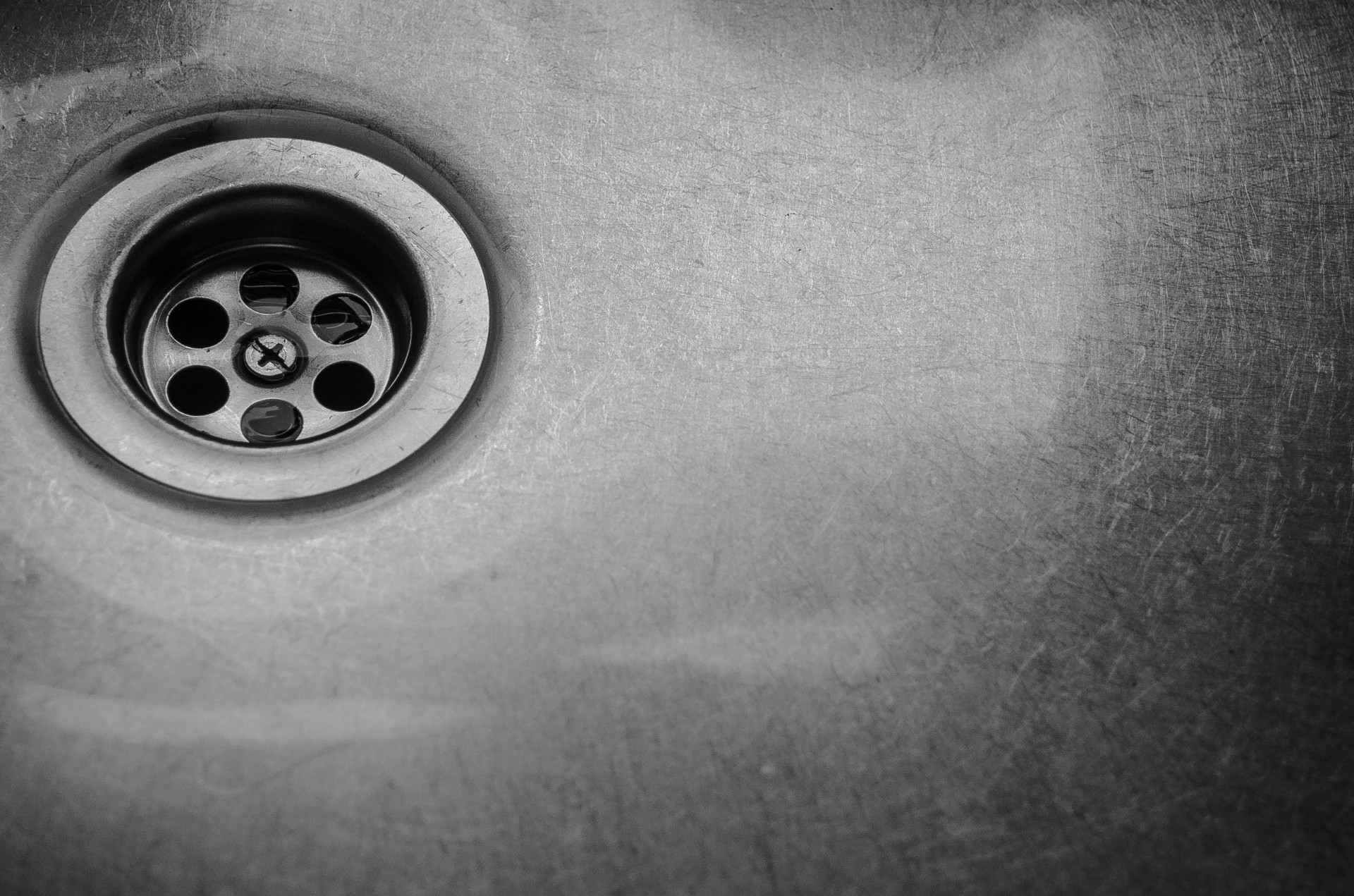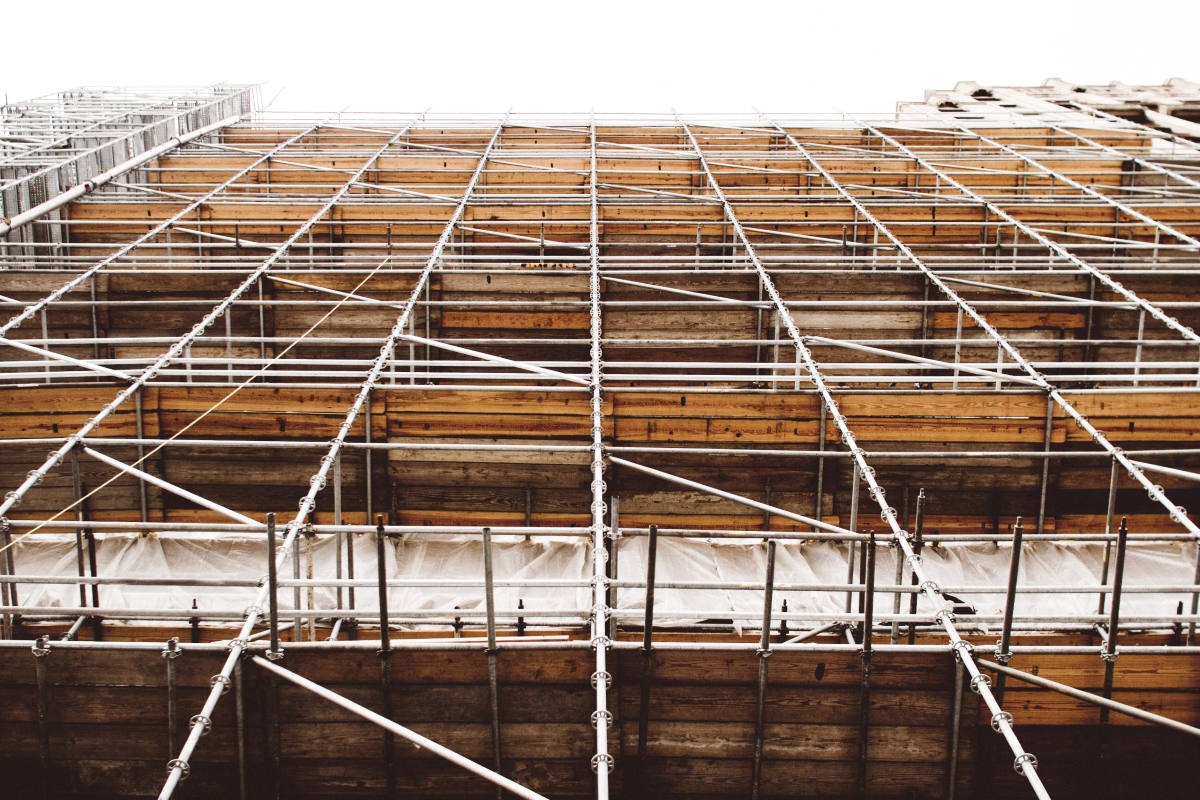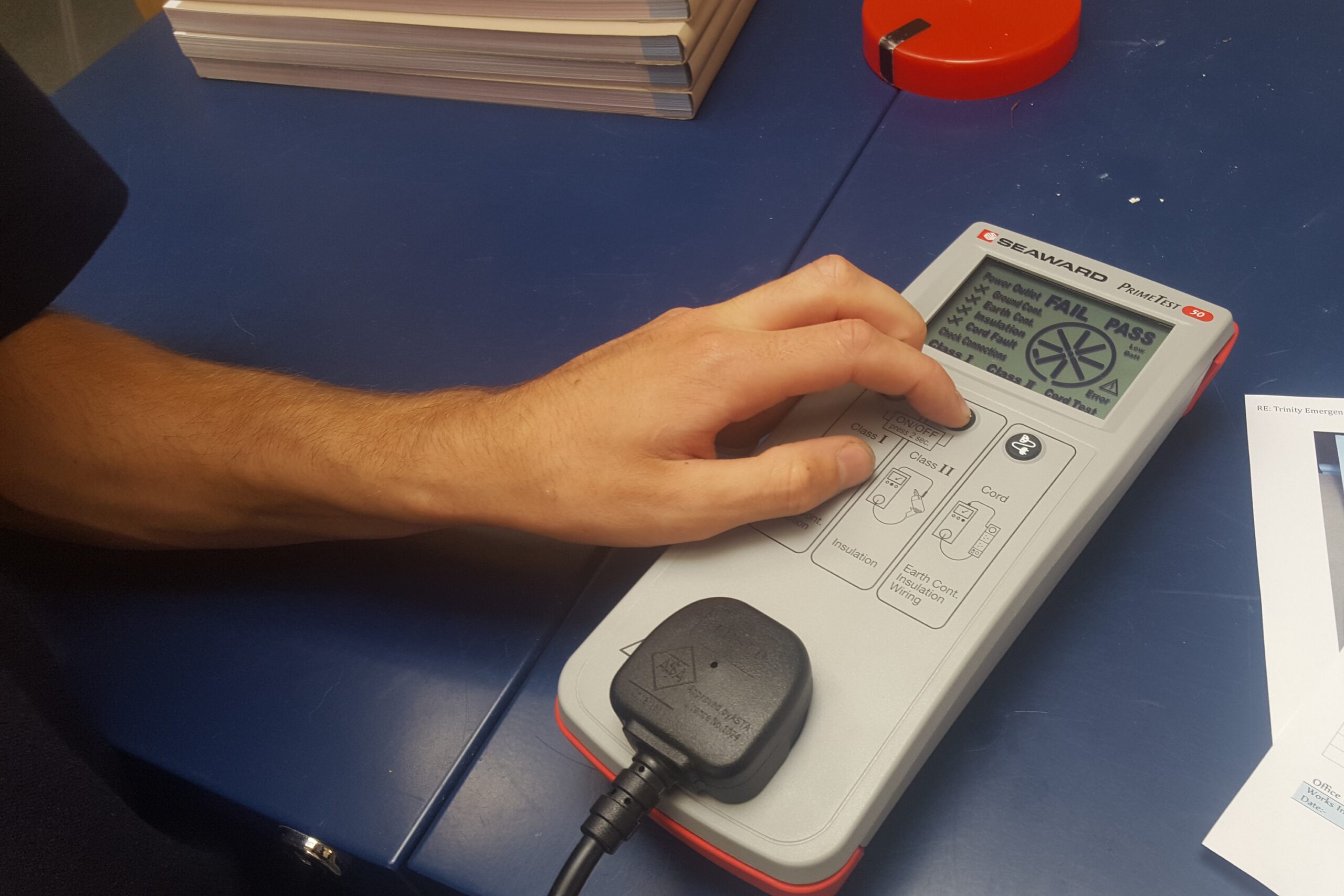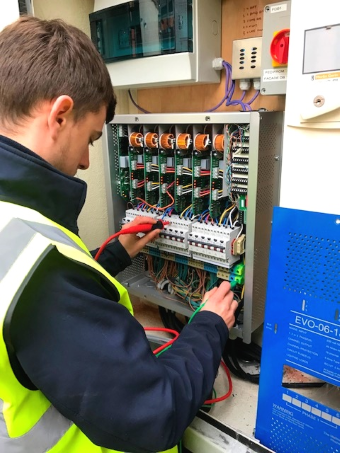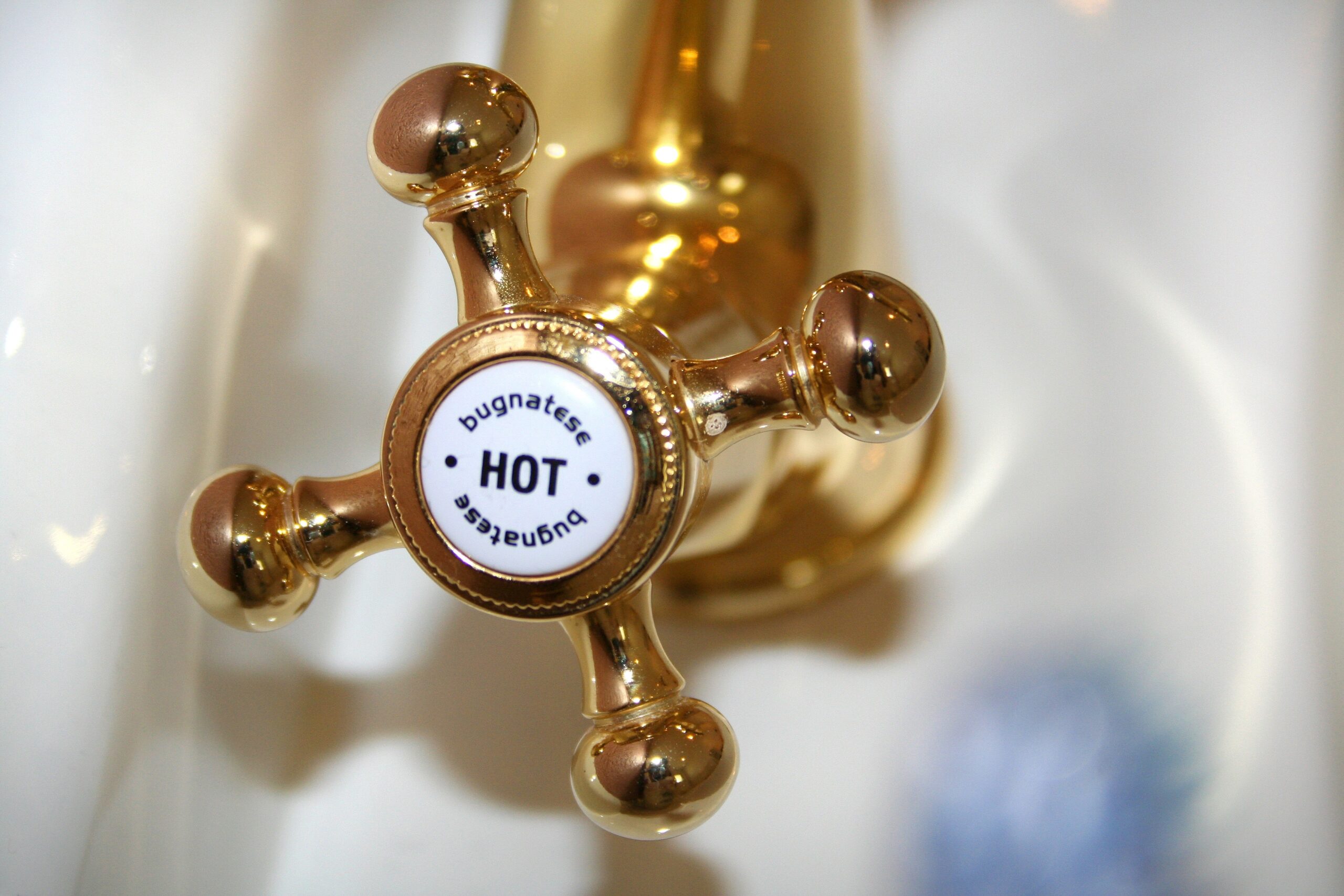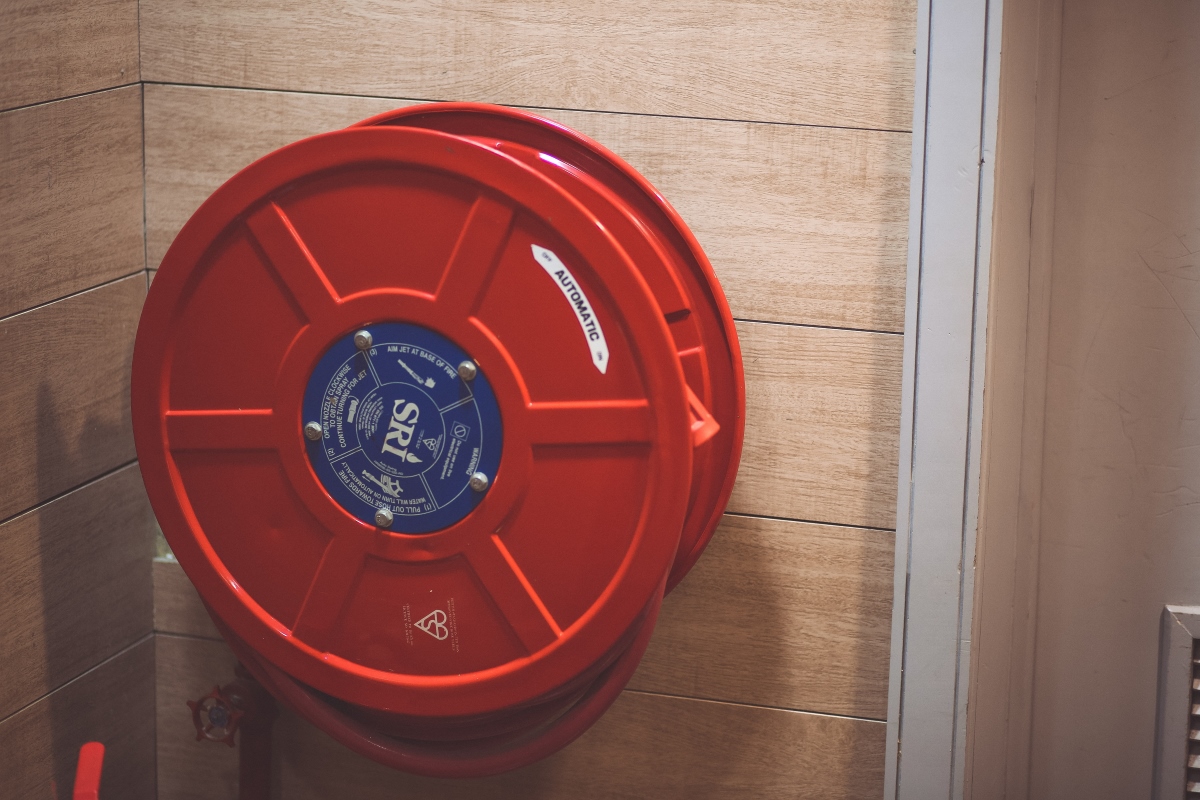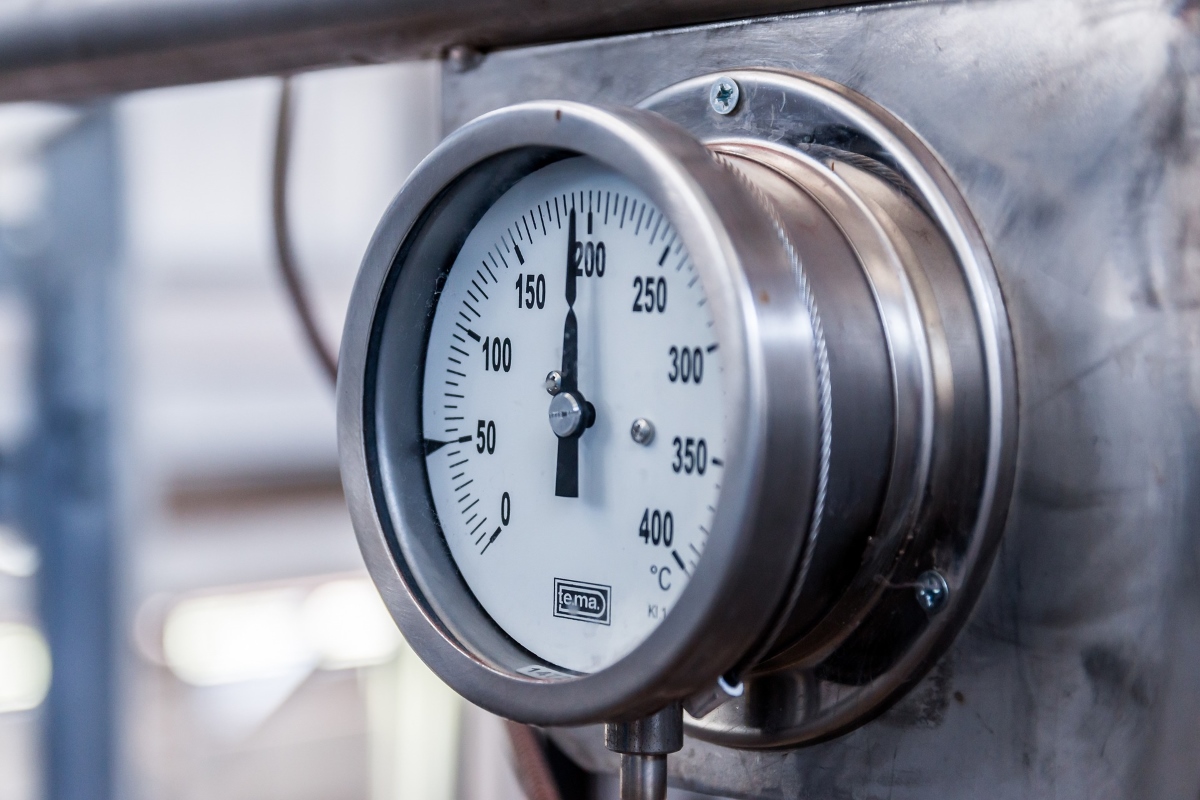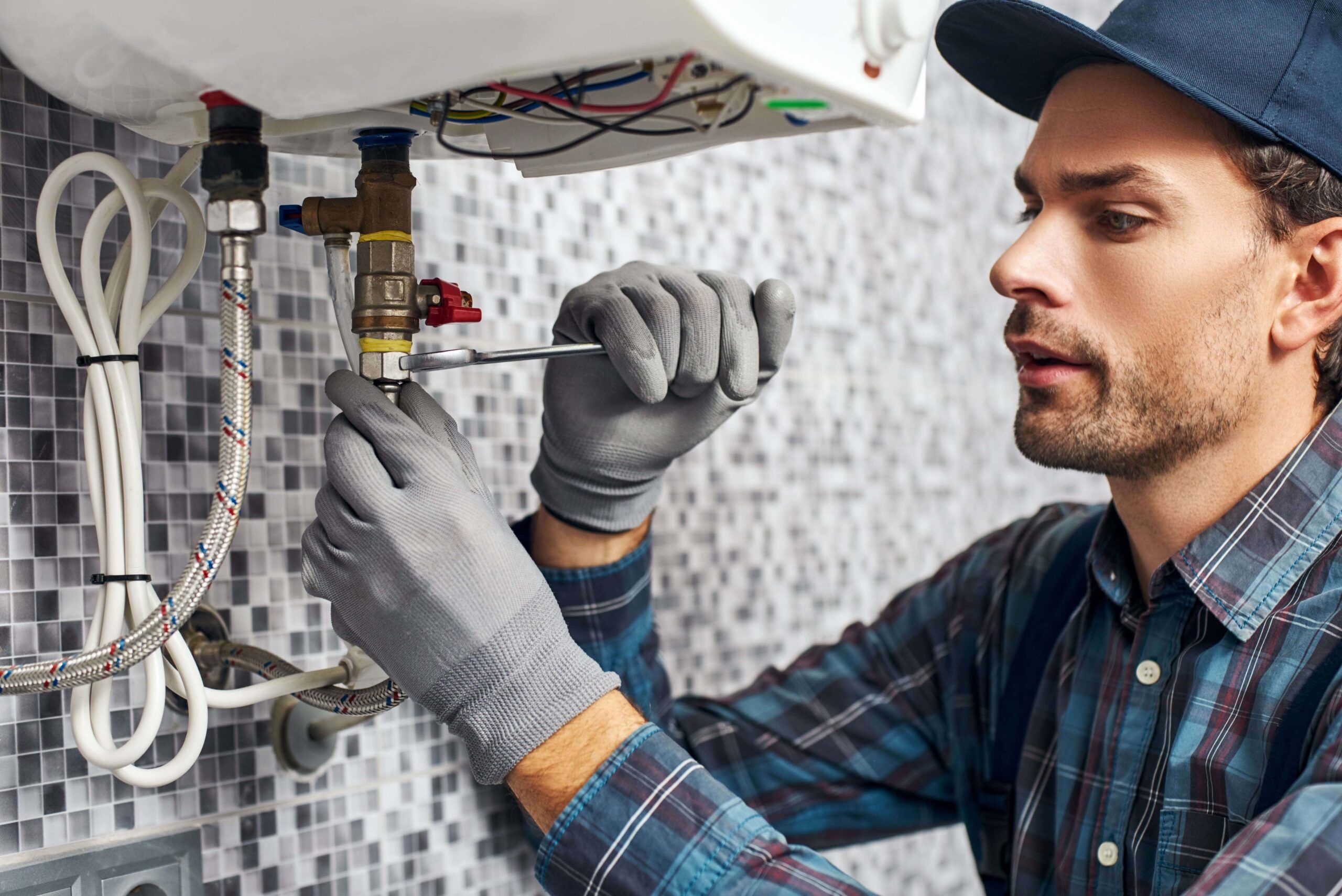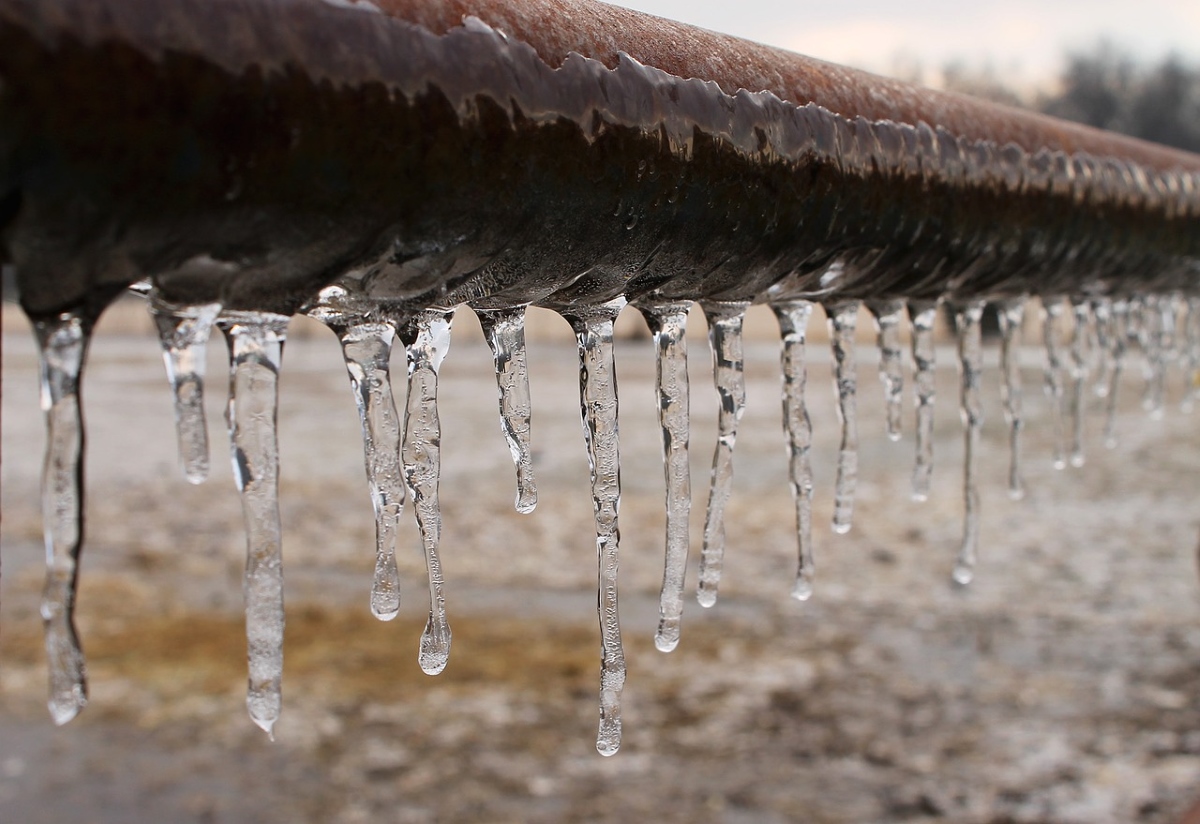Whether it’s down your toilet or your kitchen sink, there are objects and substances that certainly should not be entering your drainage system. There are common culprits that are often discussed in the media, but there are also an array of random things that you may have never even thought about.
There are several reasons why particular objects shouldn’t end up in your drainage system, with the most common result being blocked drains. Having a blocked system can cause several problems for your home or property, such as bad smells, water levels rising and overflowing and even, in the worst case, flooding.
There are also particular objects that should not be put down the sink for environmental reasons and the impact that they have on wildlife. Non-biodegradable objects that are put down the drain often end up in waste landfill or even our lakes and oceans and can be potentially harmful to the environment.
It’s important that we begin to create healthy habits – not only for the good of the planet, but for the health of your own drain at home! Nobody wants to incur an extra cost when they don’t need it and having a blocked drain that needs to be resolved professionally could be one of those costs – if you don’t pay attention to what you put down your drains.
But what exactly shouldn’t you put down the drain? Here’s a list.
19 things that you should avoid flushing…
- Pasta & Rice – It continues to swell once flushed!
- Coffee Grounds – Can cause build up long term in the pipes
- Cooking Oil – This can harden when cool and limit drainage
- Grease – Including the cooked fat from your meat!
- Pet Waste – Cat litter included, even if it is advertised as flushable
- Fruit & Veg Stickers – These are made of plastic and can stick to the sides of drains or filters
- Condoms – Latex doesn’t disintegrate
- Sanitary Products – Contains potential harmful bodily fluids
- Flushable Wipes – Does not disintegrate as well as biodegradable ones
- Cotton Balls/Rounds/Wool – These don’t break down, clogging your system
- Cleaning Solutions – Contain harmful ingredients that can be detrimental to wildlife
- Medicines – Must be disposed of properly
- Fruit Rinds/Skin – Can clump together and only takes a few to cause a blockage
- Flour – This coagulates and hardens in drain pipes
- Egg Shells – They can be ground up and combined with oil to create a thick mess
- Paint – Regardless of if the base substance (oil, water etc), paint can contain harmful toxins
- Paper Towels – Toilet paper should be the only product going down your drain
- Butter & Margarine – Can congeal
- Motor Oil – Contains harmful substances
Although you may have been aware of most of the items you shouldn’t flush down your drain, we hope you’ve learnt something new! Some of the items may seem silly, or you couldn’t possibly imagine doing it yourself, but these are things that are commonly found to have been flushed.
Are you only flushing what is completely necessary?
